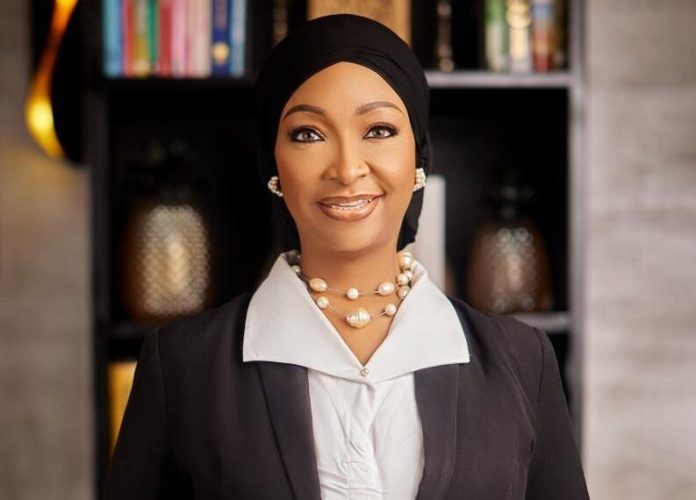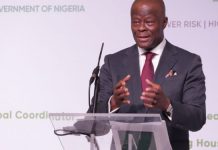The Federal Government, through the Ministry of Art, Culture, and Creative Economy (FMACCE), announces plans to establish stadium-sized performance arenas in Abuja and Lagos. The Minister of Art, Culture, and Creative Economy, Hannatu Musawa, confirms that a Special Purpose Vehicle (SPV) is under development to oversee the construction of these facilities, aimed at boosting Nigeria’s creative economy and expanding the nation’s Gross Domestic Product (GDP).
Musawa makes this announcement during the ‘2024 End of the Year Economic Review Technical Workshop’ at the Banquet Hall in Abuja. She highlights the lack of performance arenas in Nigeria as a significant challenge, forcing many Nigerian artists to host their events in other countries like Ghana and Rwanda.
“Nigerian artists, known globally for Afrobeats, cannot perform in stadiums within their own country because none exist. This infrastructure gap limits the industry’s growth and revenue potential,” Musawa says.
Boosting Nigeria’s Economy Through Creative Infrastructure
Musawa states that the ministry focuses on developing infrastructure that will generate financial inflows and stimulate economic growth. She confirms that plans to present the initiative to the Federal Executive Council (FEC) are underway, with construction set to begin soon.
“We are working on building stadium-like arenas in Abuja and Lagos to attract performances from global stars like Beyoncé and Burna Boy, creating opportunities for artists to showcase their talents within Nigeria. This is a major step forward for the creative economy,” she adds.
The ministry is also expanding the museum sector to unlock its economic value. These initiatives align with President Bola Tinubu’s directive to diversify the economy beyond petroleum and invest in creative, digital, and green sectors.
Creative Economy’s Untapped Potential
Nigeria’s creative economy currently contributes only 1.2% to the nation’s GDP, significantly lagging behind countries like Egypt (4.3%) and South Africa (3.0%), according to the National Bureau of Statistics.
Despite this, the sector is witnessing rapid growth, fueled by Afrobeats and Nollywood. Nigerian music dominates global charts, and Nollywood is now the second-largest film industry in the world by production volume.
With over 70% of Nigeria’s 210 million people under 30 and a rich multicultural environment, the country holds immense creative potential. Musawa’s plan seeks to harness this potential, targeting $100 billion in annual revenue and the creation of over two million jobs from the creative economy.
This initiative positions Nigeria as a future global hub for creative arts and performance, fostering both economic growth and cultural pride.













